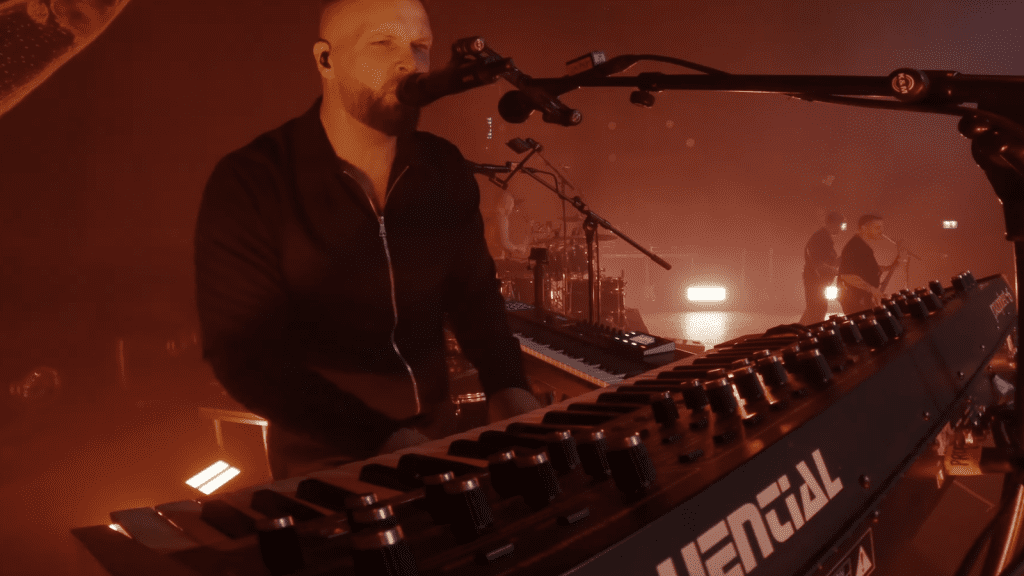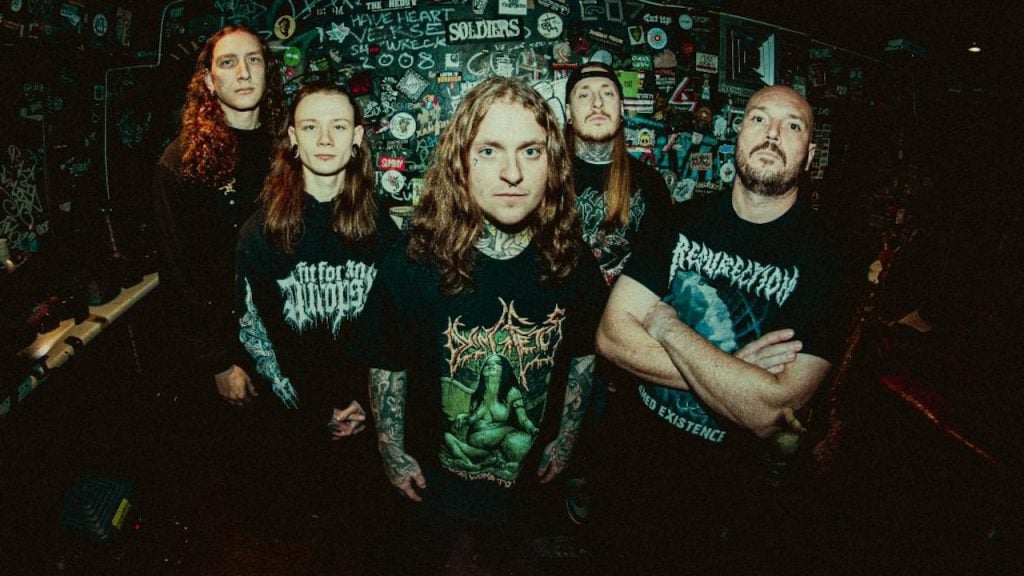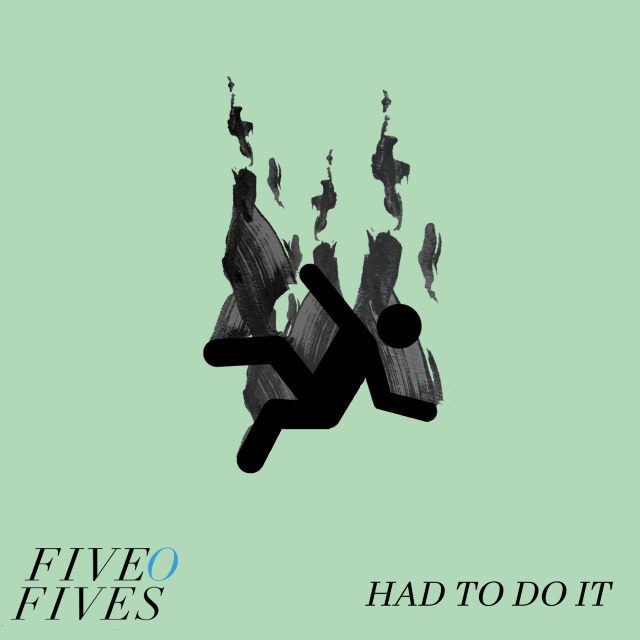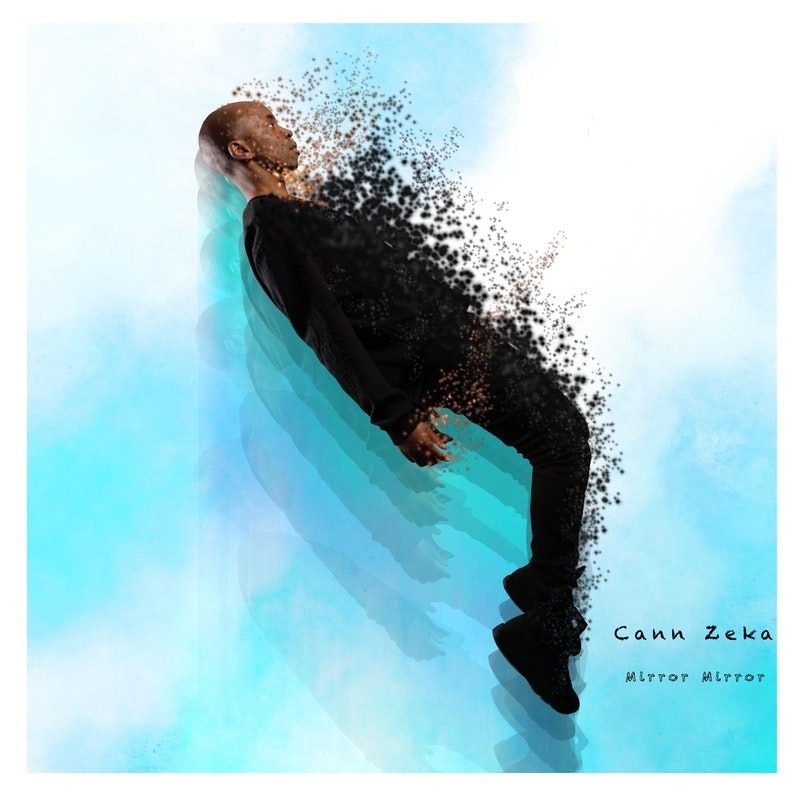
‘It’s scary how many St George’s flags there were’: Blood Orange on coming home to Essex and mourning his mother
Devonté Hynes is telling me how he came to be living back in his childhood home in Ilford, east London, at the age of 37, after his mother had fallen ill. “It was a surreal experience,” he says of the sudden move from Brooklyn, where he makes music as Blood Orange, to sleeping in the bedroom where he once put up posters of David Beckham and the Smashing Pumpkins. “Physically, you’re bigger: your shape has changed. But the space is the same. The memories are the same.”
Hynes came back to England to be by the bedside of his mother in hospital, and stayed at home a while after she died in 2023. This tragic disruption produced his fifth full-length release, Essex Honey, a clear contender for album of the year. It’s a record grounded by grief but fizzing with the memory flashes that came with returning home to the edge of Essex; the record that sounds most like the place he left almost two decades ago.
Hynes started out in the 2010s making dance-punk with Test Icicles and indie-pop as Lightspeed Champion, and then settled into poignant, groove-led R&B as Blood Orange, and was sought as a songwriter by Solange, Mariah Carey, Carly Rae Jepsen and more. Fields, a classical collaboration with Third Coast Percussion, was Grammy-nominated in 2021. But Essex Honey exists at a slight remove to everything that came before it: it is full of wide, ambient vistas that segue from mournful to sublime like an estuary sky, as the lyrics contemplate death, youth and the restorative effects of the English countryside.
Hynes is talking to me from New York, a rare moment at home before he embarks on a tour weaving together headline solo dates with support slots in arenas for Lorde, who appears on the album. “There is a lot of work to do after the passing of someone … a lot of logistical work that has to happen,” he says of the days and weeks after his mother’s death. “I was very aware that I had to kind of just function in this period. And so I was. But, you know, in the back of my mind, I kept thinking, like, I feel like this is gonna bite me at some point in the future.”
He had been scheduled to tour his classical compositions in 2023, including at Sydney Opera House. “I wanted to keep going. And then I was like … I couldn’t picture doing it. I spoke to my sister about it. Sometimes you just need the blessing of someone to be like, no, it’s OK. You don’t have to do it.” He took time off to grieve instead, eventually renting a place in Paris. He hadn’t planned to make a record about his mother’s death, but he found himself working on tracks just to process things.
The most directly autobiographical is The Last of England. It starts with a snatch of a recording of a conversation at the dinner table his sister had with his mother during Christmas 2022. “I think we were talking about the Beatles, and my nephew is in the background running and screaming,” he says. “But its importance is it became the last Christmas we all had together, and the last time I saw my mother not in hospital.” The song goes on to describe the horrific mundanity of being in a hospital room after your mother has died. “Nothing more to do but leave / Following the corners of the room / A knitted heart, they gave to me / I wash my hands and stare into the drain,” he sings.
“I was interested in being extremely literal and having no real metaphors, musically and lyrically,” says Hynes. A member of hospital staff gave him a knitted heart after his mother died. “I really love [my work to be] to the point. There’s such a crazy beauty in that.”
I was keen to speak to Hynes about Essex Honey after he said in an interview how my book The Invention of Essex: The Making of an English County had helped him look again at the place he grew up. To me, Essex represents social and political revolutions in the country at large, from the Windrush docking at Tilbury to the rise of Thatcherism among the upwardly mobile working class. I wrote the book in an attempt to tell this story behind my home county, how it became a place apart in the British unconscious after industrialisation, socialism and war led to a mass movement of people from the East End of London starting afresh there. Hynes and his family were part of a later wave of that movement.
He was born in Leytonstone, east London, in 1985, before his parents, Wendela and Louis, moved the family east to Ilford, a town that’s technically part of Greater London but Hynes still considers Essex, as it was before the capital’s city boundary expanded outwards in the 1960s. Wendela was a nurse and then eventually became a health visitor around Dagenham, “coming back with these horror stories of teenage pregnancies and young addiction and abusive partners, or elderly people who were somewhat unattended and not looked after”. Louis did various odd jobs, initially engineering work before he was in charge of looking after maintenance at the Marks & Spencer in Ilford town centre. Hynes had his first job there too, as a cleaner – he calls it his version of nepotism.
Ilford, he says, was an estranging, “enclosed” place to grow up, partly due to the fact that it had no underground transport links (upon his return to the UK, Hynes was so amazed to find Ilford connected to central London by the new Elizabeth line that he included a lyric about it on The Last of England).
Music came into his life via piano lessons with a teacher who tapped the keys with her pen if he played a wrong note. At nine he started the cello (he plays it on Essex Honey) and joined the school orchestra. It was a private kind of solace, practising in his bedroom as an escape; guitar came later. Essex Honey channels this insularity, alluding to other formative cultural influences: The Field samples the gorgeous guitar of the Durutti Column’s Vini Reilly; while Westerberg incorporates a cover of the chorus of a Replacements song; and the piano-led closing bars of Mind Loaded are like a half-remembered hardcore melody that calls back to his sister’s love of Ministry of Sound raves. Part of the opening track, Look at You, hat-tips to British Channel 4 sitcom Desmond’s: “The actor who portrayed Desmond [Norman Beaton] is from Guyana where my mum is from, so I always felt a special connection,” says Hynes.
Hynes left home as soon as he could, plunging into London’s hectic 00s music scene, but he felt a stark class difference between him and his new west London friends. “My background felt different and not just based on cultural differences or being ‘first generation’ or anything. I actually felt that I was from a different place,” he says, meaning blue-collar Ilford, not the media-class backgrounds of others on the scene. “Even the friends I had who lived in Forest Gate or Bethnal Green, even that part of east London, which is still so close, felt separate.”
Test Icicles, a three-piece he formed aged 18 in east London, were jokily named for what they thought would be a short-lived thing (they were originally called Balls), and their energy outstripped their songwriting prowess. They split up in 2006 before they were due to tour the US, but Hynes kept his visa, moved to New York, and, having named himself Lightspeed Champion, paired country-style acoustic guitar with a baroque sensibility. His real unmasking as a songwriter, however, came when he started Blood Orange at the turn of the 2010s. One of the first songs Hynes wrote for the project was Forget It, a masterclass in soulful minimalism: Young Marble Giants meets D’Angelo. The whole project was more emotionally present, immediate and bold than anything he had done before, and more directly influenced by Black music.

Hynes had the title for Essex Honey, the fifth Blood Orange album, years before he had any music – “I like the sound and how they connect as words” – and he had unfinished business to reflect on back home on the Essex border. For years, his background kept bleeding into song as he focused on the violence he experienced as a teenager, when he was beaten up so frequently that his mum put him in karate lessons. A song with Skepta, High Street, from the 2013 album Cupid Deluxe, had a lyric about Hynes “Racing down Ilford Lane going home / Thinking about should I try to fake a fall” after he had been jumped. Negro Swan contained Dagenham Dream, with a description of how “broken teeth and bloody nose” led him to “cut a line” in one of his eyebrows to fit in, “to act just like the others to get around”.
He learned to skateboard as an alternative to getting the bus because the 387 that took him back home from his school in Chadwell Heath could be so brutal. “[The threat] would just build with all these kids in different schools and it would get so intense. There’d always be some grief or I’d be just, like, fucking terrified.” His only currency was being a great footballer, playing at county level for Essex and for the Dagenham & Redbridge youth team, which meant, although the streets remained dangerous, he wasn’t bullied at school itself. “The football thing did really save me,” he says. He still plays, meeting up every Wednesday in New York for a five-a-side with regulars including the Strokes’ frontman Julian Casablancas (Hynes has always played as an attacking winger, whereas Casablancas is “a bit of a classic number nine”).
Another friend, Zadie Smith, his former NYC neighbour, appears on the album singing with strong vibrato on Vivid Light. “She was back in town for some book engagements, and she came over to my apartment to hear what I’d been working on,” he says. “I played her this song, and essentially shoved a mic in her face. She started just ad-libbing around. It’s something we’ve done before, usually hanging at hers, sitting around her piano. So it all felt very natural.”
Hynes’s artistic relationship with England on Essex Honey is complex, at a remove but intensely perceptive in a way that reminds me of Smith. He says he lives in a bubble in New York and finds it easy to tune out of Trump 2.0 on the whole, but travelling back to the UK earlier this year with another New York football buddy, the photographer Adam Powell, was another matter. “He’s from Essex – he has the swords [from the Essex flag] tattooed on him as well,” says Hynes. The pair drove around, taking photos, including an amazing shoot in the marshes of Essex around Rainham. “And I couldn’t believe how many flags there were.” Everywhere they went they saw the England flag flying: a recent craze across the country that has taken on a racist, xenophobic, us-and-them quality. “I had been seeing it [online] and I’d known, but … it was really intense to see. Honestly, it’s pretty scary.”
Hynes used to cross the road to avoid the pubs displaying union jacks in Dagenham at a time when the far-right British National Party was on the rise – he knew what it meant – and he is fearful today’s flags are a portent of the UK’s political future. “It’s not looking good,” he says. “It’s looking like Reform are going to fucking do it. I don’t know if people are even fully acknowledging it, but it is terrifying.”
But it would be too much to say you can hear grief for a country on Essex Honey. On the contrary, it is as if by making a record about loss he has also provided a blueprint to connect with the place once more. Back in that childhood bedroom, he would gaze at the streets outside and marvel, at how, for better or worse, it had remained how he always knew it. “Looking out my window is the same. That street does not change.”




